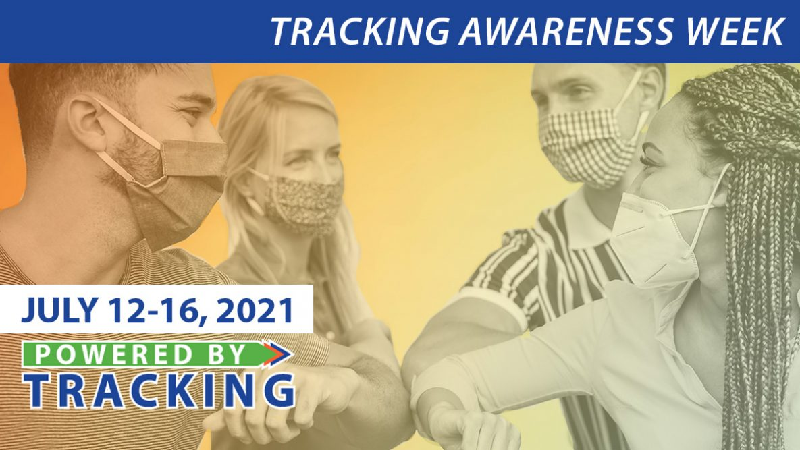National Environmental Public Health Tracking Week

Environmental Public Health Tracking Awareness Week 2021
Welcome to Maryland Environmental Public Health Tracking (MD EPHT) - your gateway to environmental and health data resources. You can use the
MD EPHT Portal to create maps of different environmental public health topics in Maryland and more.

